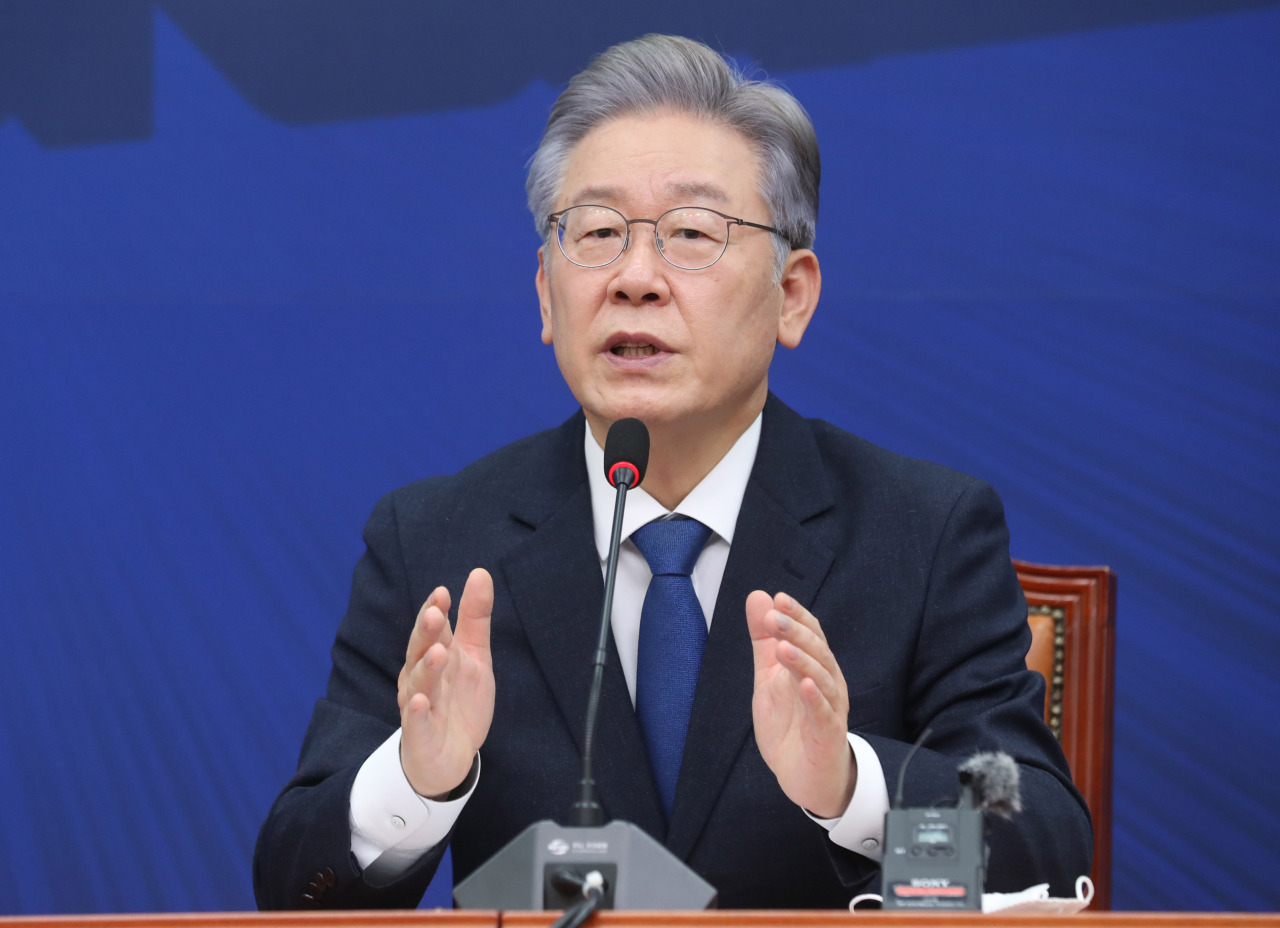
Lee Jae-myung, the ruling Democratic Party’s standard bearer in next year’s presidential election, is hoping to establish several new taxes, which would support his basic income plan.
And as much as his universal benefit policy would weigh on the country’s fiscal management –- a minimum 1 million won ($890) subsidy to every individual each year -- the liberal politician is talking trillions of won in new tax revenues.
A key measures that the Gyeonggi Province governor says will introduce is a new land lax to be levied on all land owners.
He also proposes drastically hiking most existing property-related taxes, vowing to “end speculation” in the housing market.
The new tax and planned hikes are intended to raise the total tax burden of property holding from the current 0.17 percent to 1 percent, while lowering levies on property transfers.
By channeling the fiscal revenue from land and building owners into the basic income fund, Lee says wealth earned from the property market would be distributed equally to all residents. About 80 to 90 percent of the public would benefit, he says.
Lee has also proposed to newly establish a carbon tax if he becomes the president, which would pressure companies to cut their carbon emissions in their business operations.
Citing the case of Switzerland, which has reduced carbon emissions by 71 percent since 1990 with a carbon tax, Lee says that the new tax would contribute to bringing the date forward for the country’s goal to achieve carbon-neutrality by 2050, to Lee’s proposed year of 2040.
The tax revenue would be used to aid an industrial transition to renewable energy sources and lower dependence on fossil fuels, and also to give back to the people in the form of basic income, according to Lee.
Lee’s camp said the government would be able to collect up to 100 trillion won from the carbon tax, if they charge up to $150 per ton of carbon dioxide emitted.
A controversial “robot tax” or the tax that would be charged against machines and artificial intelligence devices, is also part of Lee’s taxation proposals. The idea of the tax is to offset job losses.
Lee also said he would introduce a “data tax” for companies that earn profits using data, including personal information and any data created from people’s economic activities.
By Jo He-rim (herim@heraldcorp.com)

















![[KH Explains] Hyundai's full hybrid edge to pay off amid slow transition to pure EVs](http://res.heraldm.com/phpwas/restmb_idxmake.php?idx=652&simg=/content/image/2024/04/18/20240418050645_0.jpg&u=20240418181020)

![[Today’s K-pop] Zico drops snippet of collaboration with Jennie](http://res.heraldm.com/phpwas/restmb_idxmake.php?idx=642&simg=/content/image/2024/04/18/20240418050702_0.jpg&u=)